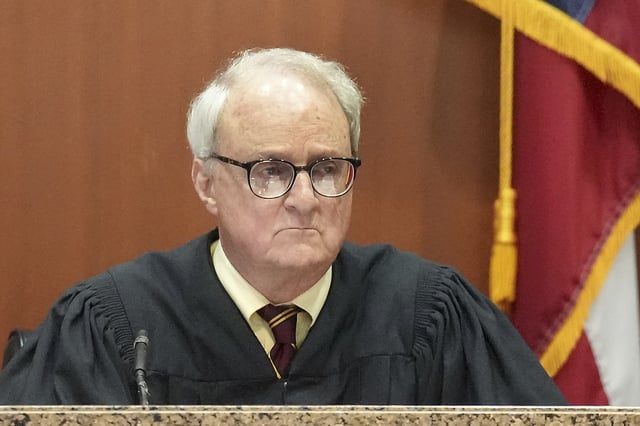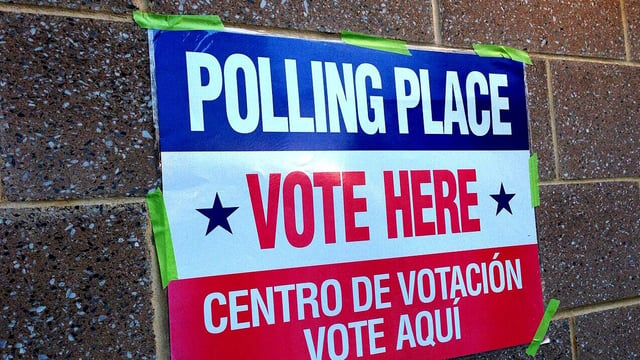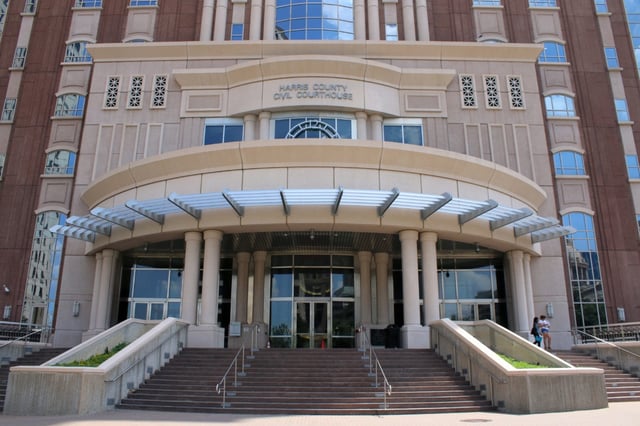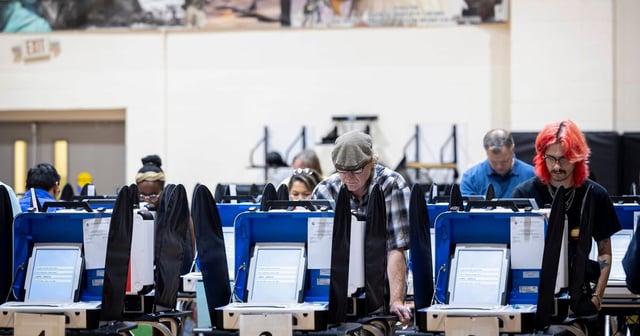Overview
- Judge David Peeples found 1,430 illegal votes cast in the 2022 judicial race.
- The contested race saw Democrat DaSean Jones narrowly defeating Republican Tami Pierce by 449 votes.
- Peeples' decision marks the only successful GOP challenge among 21 filed after the 2022 elections.
- Harris County GOP Chair Cindy Siegel called for a swift scheduling of the new election.
- Jones' attorney plans to appeal, arguing the legal standard was not met.



